Ukraine has launched a daring attack on one of Russia’s most strategic military sites—Engels Airbase—housing nuclear-capable bombers. According to reports from both Ukrainian and Western intelligence sources, three drone strikes targeted key sections of the airbase, resulting in explosions and fires that have rattled Russian military planners.
The Engels airbase, located in the Saratov region, is home to Russia’s Tupolev Tu-160 and Tu-95MS bombers, which have played a crucial role in long-range strikes on Ukraine. This latest Ukrainian assault marks a significant escalation in the war, raising urgent questions about the consequences for global security.
What Happened in the Attack?
Early on the morning of March 20, Ukrainian drones reportedly bypassed Russian air defenses and struck Engels Airbase in three different locations. Unverified videos on Russian social media showed a massive explosion, followed by plumes of smoke rising from the site. Russian authorities later confirmed “unusual activity” at the airfield but downplayed the extent of the damage.
A Ukrainian defense official, speaking on the condition of anonymity, told Western media that the attack was aimed at disrupting Russia’s strategic aviation capabilities. “For too long, these bombers have been launching missiles at our cities from hundreds of kilometers away. Today, we showed that nowhere is safe,” the official said.
Why Engels Airbase?
Engels is one of Russia’s most secure airbases and plays a critical role in its nuclear deterrence strategy. It houses some of Russia’s most powerful long-range bombers, which can deliver both conventional and nuclear payloads.
Ukraine’s ability to strike such a heavily fortified military installation nearly 700 kilometers from the front lines signals a dramatic shift in the war’s dynamics. Analysts believe it could force Russia to rethink how it deploys its strategic forces in the conflict.
Russia’s Response: Retaliation or Restraint?
Russian officials initially attempted to downplay the impact of the attack, with the Ministry of Defense stating that “three unmanned aerial vehicles were intercepted, and minimal damage was reported.” However, unofficial reports from inside Russia indicate that at least one aircraft was damaged, and emergency crews were dispatched to contain fires.
A high-ranking Kremlin source told Russian media that “all necessary measures will be taken to prevent further attacks of this nature.” Moscow has yet to announce its official response, but many fear this could trigger large-scale retaliatory strikes on Ukrainian infrastructure.
What Does This Mean for the War?
- A Psychological Blow for Russia – The attack on Engels signals to Russian forces that Ukrainian drones can strike deep inside Russian territory, something previously considered nearly impossible.
- More Air Defense Needed – Russia may be forced to redeploy more air defense systems to protect strategic sites, potentially weakening its front-line defenses in Ukraine.
- Retaliatory Strikes on Ukraine – Analysts predict that Russia will respond with intensified missile attacks on Ukrainian cities, energy infrastructure, or military targets.
Global Reactions: A Dangerous Precedent?
The attack has sparked global concern about an escalation that could draw in NATO and other global powers.
United States: The U.S. State Department called for “de-escalation” but reaffirmed its commitment to supporting Ukraine’s right to defend itself. “Ukraine has the right to protect its people and its sovereignty, but we also encourage diplomatic channels to prevent further escalation,” said a senior U.S. official.
European Union: EU leaders were divided, with some praising Ukraine’s “bold counteroffensive” while others warned that such strikes could provoke an unpredictable Russian response.
China and India: Both nations, which have maintained ties with Russia despite the war, expressed concern. “We call for all sides to avoid actions that could increase instability in the region,” said China’s Foreign Ministry.
Could This Lead to a Nuclear Crisis?
One of the biggest concerns is the potential nuclear implications of attacking an airbase housing strategic bombers. While there is no evidence that nuclear weapons were targeted or at risk, experts warn that any perceived threat to Russia’s nuclear forces could push the Kremlin into dangerous territory.
Dr. Alexei Markov, a Russian military analyst, cautioned, “If Ukraine continues to strike at bases that house strategic bombers, it might force Moscow to reconsider its red lines. This is where the risk of nuclear escalation, however small, starts to increase.”
What Happens Next?
Ukraine has not officially claimed responsibility for the strikes, a tactic it has used in previous deep-strike operations. However, sources close to the Ukrainian military suggest that such operations will continue as long as Russia keeps using strategic bombers to attack Ukrainian targets.
As tensions rise, the world is left wondering: Was this a calculated move to weaken Russia’s aerial dominance, or has Ukraine opened a new front that could push the war into more dangerous territory?
One thing is certain—the conflict is far from over, and the next moves from Moscow and Kyiv will determine whether this war remains conventional or takes an even darker turn.
Italy 6 Lives Lost, 40 Missing: Who Is to Blame for the Lampedusa Boat Disaster?

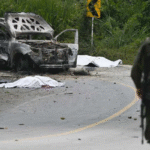


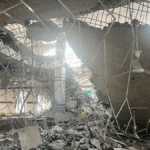






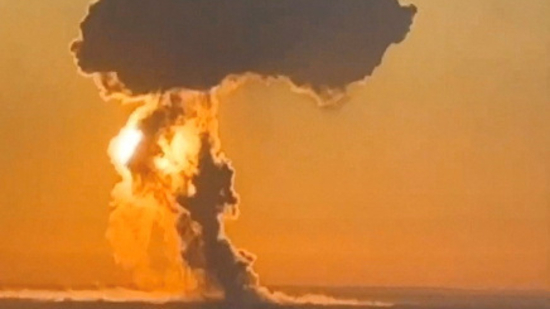
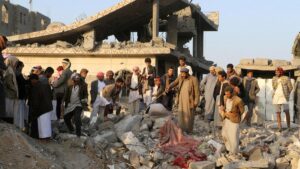

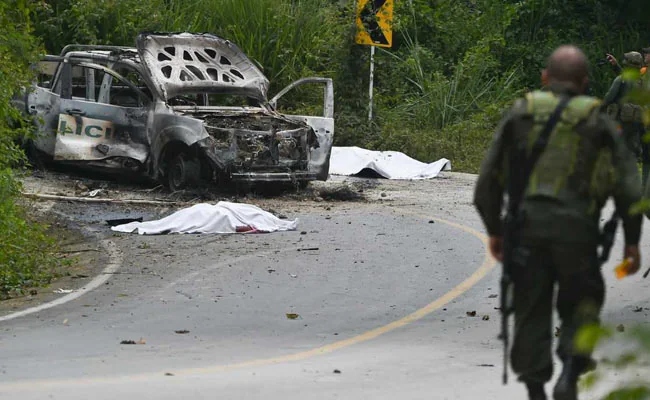

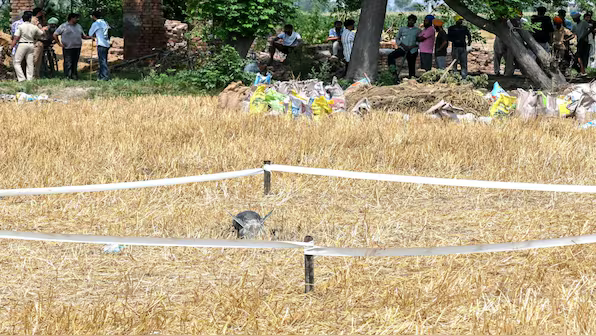
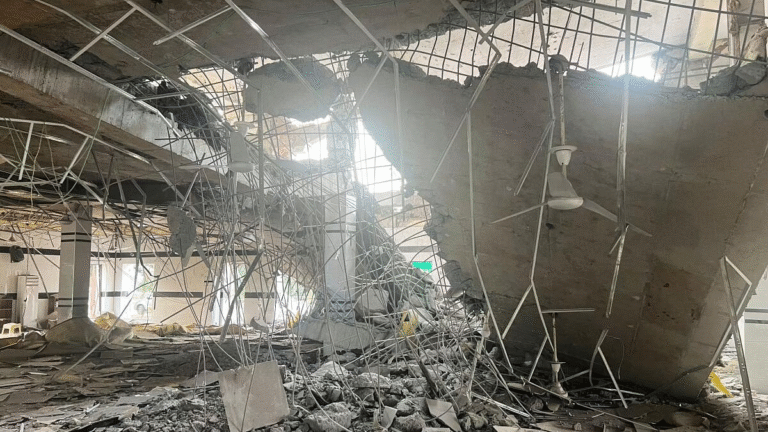
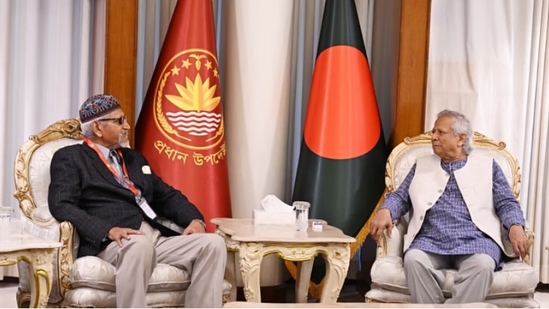

One thought on “3 Ukrainian Drone Strikes on Russian Airbase: A Game-Changer or Escalation Risk?”